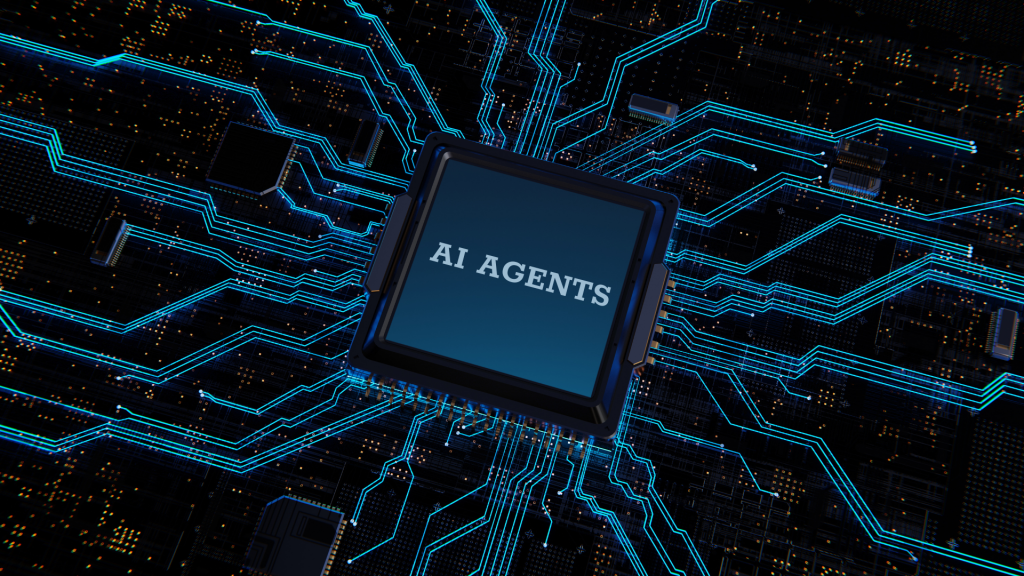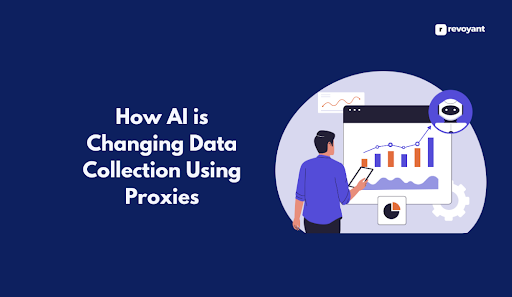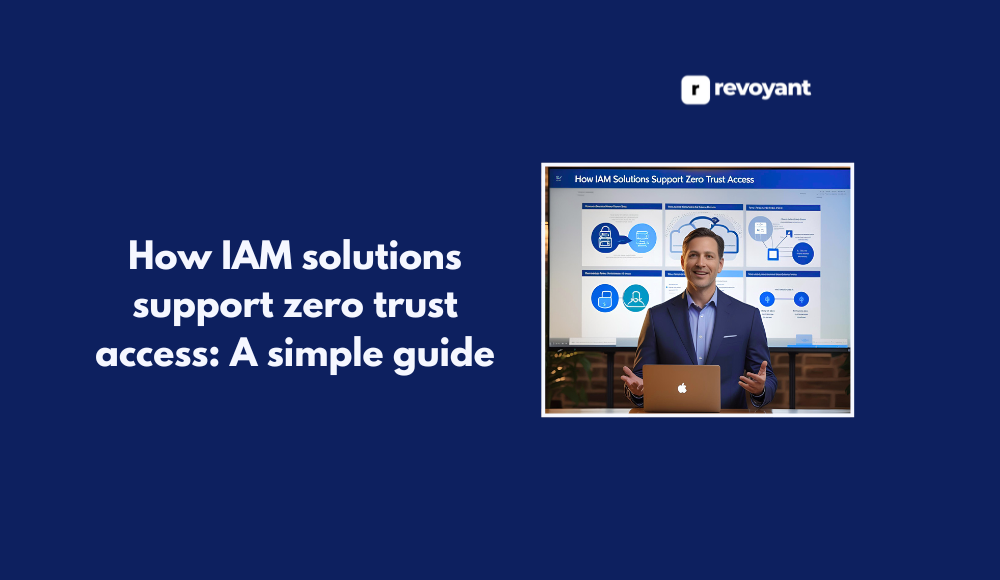This guide will walk you through everything you need to know when choosing AI business consulting software. We’ll cover the key features to look for, common use cases, benefits, challenges, costs, buying tips, implementation strategies, and the latest trends.
What is AI Agent Software?
AI agent software refers to programs designed to simulate human-like decision-making and interaction. These agents can operate autonomously or semi-autonomously, performing tasks such as answering customer queries, managing workflows, processing data, or providing personalized recommendations. Some examples include chatbots, virtual assistants, task automation tools, and more advanced agents that can analyze data and drive business insights.

Key Features of AI Agent Software
Not all AI agent software is created equal. Here are some of the most critical features to consider when evaluating different platforms:
| Feature | Description |
|---|---|
| Natural Language Processing (NLP) | NLP enables the AI to understand human speech and generate responses that feel natural and human-like. |
| Machine Learning (ML) | ML allows the AI agent to improve its responses and capabilities over time, based on user interactions. |
| Automation | Automates routine processes, such as scheduling tasks, routing tickets, or sending notifications. |
| Multi-Channel Support | Supports interactions across the web, mobile apps, email, and messaging platforms (like WhatsApp or Facebook Messenger). |
| Analytics and Reporting | Provides performance insights with metrics like response times, task completion rates, and user satisfaction. |
| Integration Capabilities | Works smoothly with CRMs, ERPs, and other business tools to ensure seamless operations. |
| Security and Compliance | Ensures compliance with privacy regulations like GDPR and protects sensitive data. |
Who Uses AI Agent Software?
AI agent software is incredibly flexible, making it useful for businesses across multiple industries. Here’s a breakdown of common users and their specific needs:
Customer Service Teams
Customer-facing bots help answer inquiries, process refunds, and manage complaints, improving service availability and reducing wait times.
Sales and Marketing Teams
AI agents engage with potential customers through chat or email, nurture leads, and recommend products based on browsing history.
Human Resources Departments
AI-powered HR assistants handle employee onboarding, vacation requests, and FAQs about company policies, streamlining the workload for HR teams.
Healthcare Providers
Virtual assistants schedule appointments, send medication reminders, and provide health-related information to patients. This improves both patient experience and operational efficiency.
E-commerce Businesses
Chatbots guide customers through the purchase process, answer product-related questions, and track orders. This improves conversion rates by offering instant assistance.
Benefits of AI Agent Software
Implementing AI agent software offers several advantages that can boost efficiency and drive growth. Here’s a closer look at the key benefits:
Cost Savings
Automating repetitive tasks means fewer employees are needed for manual processes. This cuts labor costs, especially in customer service and back-office operations.
24/7 Availability
Unlike human employees, AI agents don’t need breaks. They can operate around the clock, offering continuous support to customers and employees. This ensures a higher level of service, even outside regular business hours.
Improved Customer Experience
With faster response times and personalized interactions, customers feel valued and engaged. This leads to higher satisfaction and better brand loyalty.
Scalability
AI agents can handle large volumes of interactions without impacting performance. Whether you have 100 or 10,000 inquiries, the software can scale accordingly.
Productivity Gains
By taking over routine tasks, AI agents free up employees to focus on high-value activities, like strategic planning and innovation.
Data-Driven Decision Making
With built-in analytics, businesses can track performance and identify trends. These insights help in refining strategies and making data-backed decisions.
Challenges of AI Agent Software
While AI agents offer many benefits, there are also challenges to be aware of:
Complex Integration
Getting the software to integrate with existing tools can be time-consuming and may require technical expertise.
High Upfront Costs
Advanced AI solutions often come with hefty setup fees, especially if customization is needed. Businesses need to budget for both software and training costs.
Privacy Concerns
AI agents handling personal or sensitive data must comply with regulations like GDPR. Failure to manage data properly can result in legal consequences.
Learning Curve for Staff
Employees may need time to get used to working with AI agents, especially if the platform is complex. Training and onboarding become essential.
Handling Complex Queries
AI agents may struggle with ambiguous or multi-layered questions, requiring human agents to intervene.
Alternatives to AI Agent Software
If AI agent software doesn’t fit your current needs, here are some alternatives:
| Alternatives | Description |
|---|---|
| Human-Powered Chat Systems | For businesses prioritizing a personal touch with live agents. |
| Robotic Process Automation (RPA) | Automates repetitive back-office tasks without customer interaction. |
| Hybrid AI-Human Systems | Combines AI agents with live support for complex queries. |
| Self-Service Knowledge Bases | Provides users with FAQs and tutorials to solve problems independently. |
How Much Does AI Agent Software Cost?
The cost of AI agent software depends on factors like features, customization, and the size of your business. Here are the typical cost structures:
Subscription Plans
Many vendors offer monthly or yearly subscriptions, starting from $50 to $500+ per month based on usage.
Pay-Per-Interaction Models
Some platforms charge based on the number of interactions, which can be cost-effective for smaller businesses but expensive during high-traffic periods.
Customization Fees
Tailoring the software to your needs can add to the total cost, especially if you require unique workflows or integrations.
Training and Onboarding Costs
Some vendors offer paid onboarding and support services to help with setup and training.
Maintenance Fees
Budget for ongoing maintenance, updates, and technical support to keep the system running smoothly.
How to Choose the Best AI Agent Software
Selecting the right AI agent software involves careful planning. Follow these steps to make an informed decision:
1. Identify Your Needs and Objectives
Start by understanding what you want the AI agent software to achieve. This will act as a guiding framework throughout the selection process. Here are some questions to consider:
- What are your key pain points? (e.g., long customer response times, repetitive manual processes)
- Which department will benefit the most? (Customer service, sales, HR, etc.)
- How do you want to engage with users? (Chat, email, voice, or across multiple channels)
Tip: Write down 3-5 primary objectives to keep your search focused.
2. Compare Features Based on Use Case
Each AI agent software offers different capabilities. Some specialize in customer service, while others focus on workflow automation or sales enablement. Make sure to evaluate key features based on your specific needs. Here’s a breakdown of some essential features by use case:
| Use Case | Key Features to Look For |
|---|---|
| Customer Service | NLP, 24/7 availability, multi-channel support, live chat escalation |
| Sales & Marketing | Lead qualification, personalized messaging, CRM integration |
| HR and Operations | Task automation, scheduling tools, employee onboarding assistance |
3. Test Integration Capabilities with Existing Systems
Your AI agent software needs to work seamlessly with the systems you already use, such as your CRM (like Salesforce) or helpdesk platforms (like Zendesk). Poor integration can disrupt workflows and frustrate employees.
- Ask: Does the platform support APIs for easy integration with your current tools?
Pro Tip: Look for platforms with out-of-the-box integrations to minimize setup time.
4. Evaluate Scalability for Long-Term Growth
Choose software that can scale with your business needs. Whether your company is growing rapidly or expanding into new markets, the right AI platform should grow with you. Key indicators of scalability include:
- Handling increased interactions without performance drops
- Flexible pricing plans that adapt to higher usage levels
- Implement new features to keep the software competitive
5. Assess Customization Options
Every business is unique, so it’s crucial to choose software that offers customization options. This might include:
- Custom workflows: Create processes specific to your industry.
- Brand voice adjustments: Ensure the AI agent reflects your company’s tone and personality.
- User-defined triggers: Automate specific actions based on customer behavior.
6. Look for Analytics and Reporting Capabilities
Good AI agent software should provide detailed analytics that allows you to track performance and identify areas for improvement. Key metrics include:
- Response times: How quickly does the agent reply to queries?
- Resolution rates: What percentage of interactions are resolved without human intervention?
- User satisfaction: Use customer feedback to gauge the bot’s effectiveness.
7. Analyze the Cost Structure
AI agent software varies widely in price, so it’s essential to evaluate pricing models carefully. Here are some common pricing structures:
| Pricing Model | When to Choose |
|---|---|
| Subscription Plan | Best for predictable usage and budgeting |
| Pay-Per-Interaction | Suitable for businesses with fluctuating demand |
| Custom Development Pricing | Ideal for companies requiring highly specialized functionality |
8. Test Demos and Request Free Trials
Never buy software without testing it first. Many vendors offer free trials or live demos to let you experience the platform in action. During the trial period:
- Test integrations: See how well the software fits into your current workflow.
- Check ease of use: Ensure the platform is intuitive and doesn’t require extensive training.
- Simulate real-world scenarios: Use sample interactions to gauge performance.
Latest Trends in AI Agent Software (2024)
AI technology evolves rapidly. Here are some key trends shaping the landscape in 2024:
| Name | Description | Example |
|---|---|---|
| Conversational AI with Sentiment Analysis | AI agents are now equipped to detect user emotions, such as frustration or happiness, by analyzing text or voice interactions in real time. This improves the interaction by allowing the agent to respond empathetically. | A chatbot on an e-commerce website detects that a customer is frustrated and offers a special discount to improve their experience. |
| Omni-Channel Integration | AI agents seamlessly manage conversations across multiple platforms, including websites, mobile apps, email, and social media, ensuring users receive consistent service no matter where they interact. | A customer starts an inquiry on a company’s website but continues the conversation later via WhatsApp, with the AI agent picking up right where it left off. |
| Low-Code/No-Code Platforms | These platforms allow businesses to build, customize, and deploy AI agents without needing in-depth technical skills, making AI more accessible to non-developers. | A small business owner uses a drag-and-drop interface to create an AI chatbot for their website without writing a single line of code. |
| Explainable AI (XAI) | Explainable AI enhances transparency by showing users how and why the AI made specific decisions, building trust in the system, and ensuring ethical AI use. | A customer support agent using an AI-powered CRM gets explanations about why the AI flagged certain leads as high-priority, helping the agent understand and trust the system’s recommendations. |
| Real-Time Collaboration between AI and Humans | AI agents are increasingly designed to work beside human employees, assisting with tasks in real time and handing over complex inquiries or decisions to human agents when necessary. | A live chat assistant starts by handling a user’s query and automatically transfers the chat to a human agent when the conversation becomes too complex. |
Final Thoughts
Choosing the right AI agent software involves understanding your needs, testing options, and ensuring smooth integration. With the right platform in place, your business can enjoy improved efficiency, reduced costs, and better customer experiences. Take your time, explore demos, and stay updated on the latest trends to make the most of AI in 2024.




